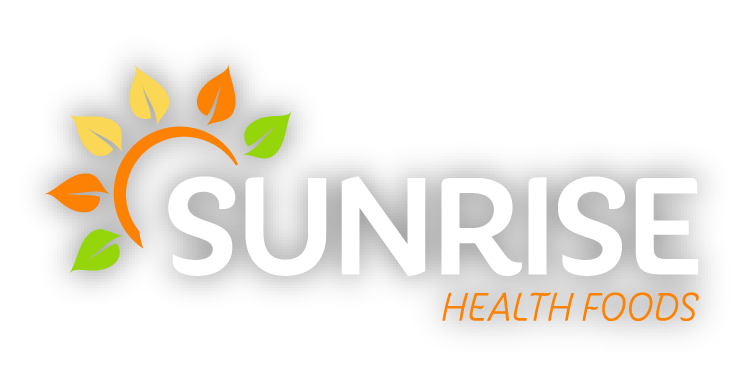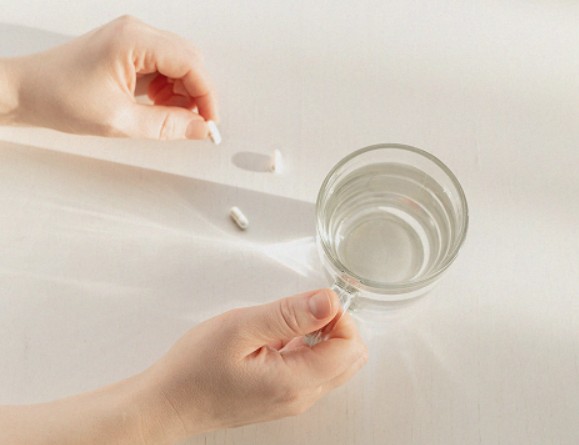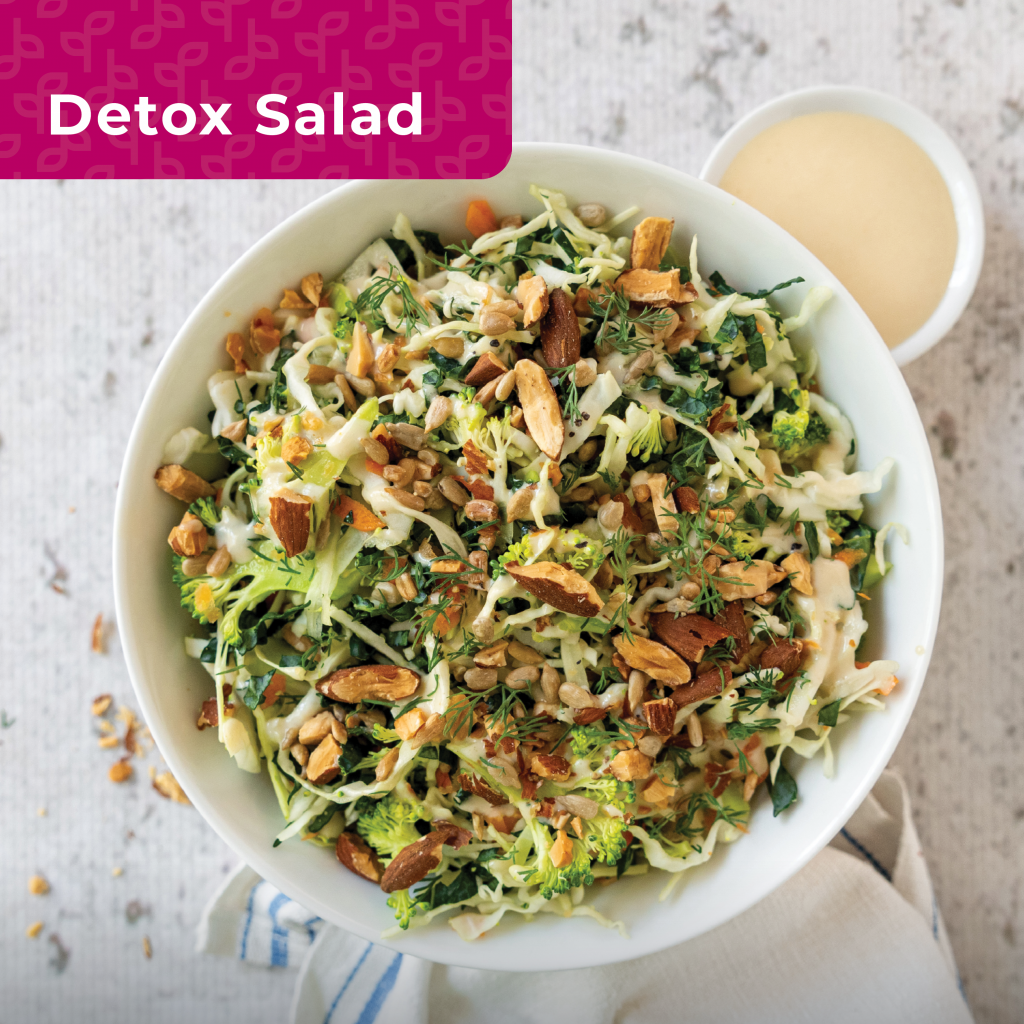Nutrients reduce muscle pain, speed recovery after exercise

Ginger
Earlier studies found ginger relieved muscle pain as well as non-steroidal anti- inflammatory drugs (NSAIDs), without side effects. In this pilot study, 20 non-weight-trained men and women took 4 grams of ginger powder per day, or a placebo, five days before an exercise test that would cause muscle damage.
A day after the test, both the placebo and ginger groups were able to lift less maximum weight in one repetition than during the test. After 48 hours, while there was no effect on pain, the ginger group could lift more weight than placebo. After the third and fourth days, the placebo group was able to lift more weight than the ginger group.
Discussing the findings, doctors said ginger may help athletes who need to compete in events that require frequent repeated maximum effort, but suggest further study to determine the dosage of ginger that will sustain recovery over a longer period.
Curcumin
To test the ability of curcumin to reduce muscle pain after exercise, 17 men took a placebo or 2.5 mg of curcumin twice per day, beginning two days before a leg-press exercise and continuing for three days fterward.
One and two days after exercise, the curcumin group reported moderate to large improvements in pain during new exercises, including single leg squats, gluteal stretches, and squat jumps. The curcumin group also had lower levels of inflammatory factors while these increased for placebo.
Doctors said curcumin may reduce delayed-onset muscle pain and speed recovery after strenuous exercise.
Reference: Phytotherapy Research; 2015, Vol. 29, No. 6, 887-93
Natural Insights for Well Being November 2015
We’re dedicated to discovering the benefits of good nutrition and healthy lifestyle, and hope the above article informs and inspires you to take an active role in your health.
Articles shared on our site are to provide nutritional information only and do not replace professional medical advice.


